The Revolutionary Way Of Using Artificial Intelligence In Hedge Funds — The Case Of Aidyia
2 July 2021
The integration of artificial intelligence and the financial industry has always been a match made in heaven—high volumes, the quantitative aspect of finances, need for expediency and accuracy are ideal for the unique skill-set of AI. But, can it impact the high-risk, high-return world of hedge funds? Several companies think so including Hong Kong-based Aidyia.
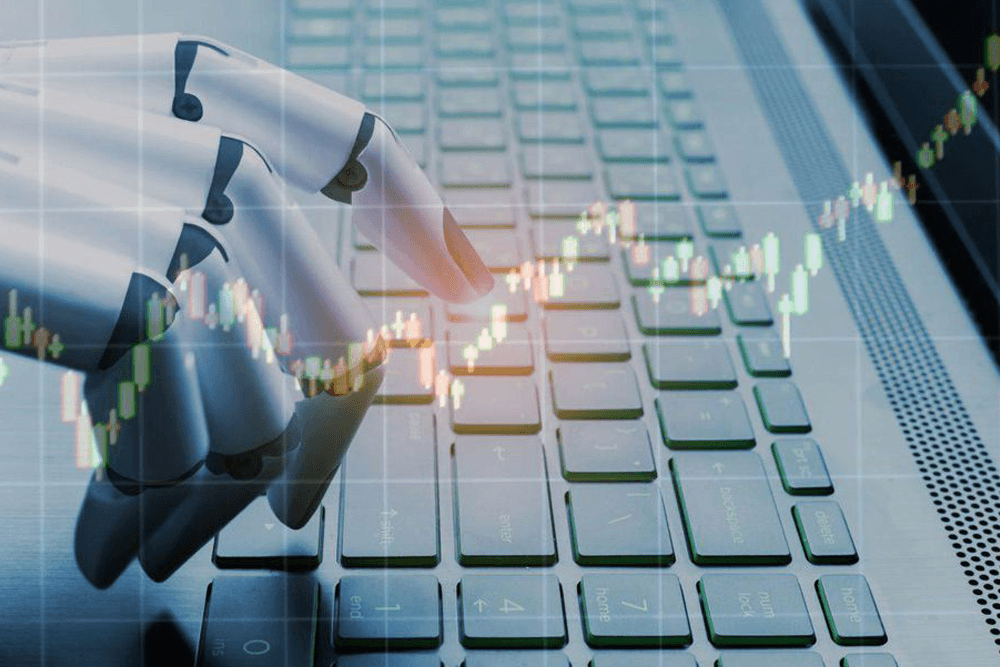
What is a hedge fund?
Today, there are more than 10,000 hedge funds that manage approximately $3 trillion in assets. A hedge fund is an investment partnership between a professional fund manager and “limited partners” or investors. The limited partners contribute funds, while the general partner manages the fund according to the fund’s strategy to maximize investor returns and minimize risk. Hedge fund managers can use trading techniques where they “hedge” themselves by going long (if they predict that the market will rise) or shorting stocks when they believe the market will drop. Hedge funds are generally considered riskier investments.
AI on Wall Street
While humans built the system being used by Aidyia in its hedge fund, artificial intelligence can trade stocks entirely without any more human intervention. The chief scientist and co-founder of the company, Ben Goertzel, quipped, “If we all die, it would keep trading.” It trades in U.S. equities, and on its first day, it generated a 2 percent return. Other companies are also trading or working toward trading with similar systems including San Francisco startup Sentient Technologies, Renaissance Technologies, and Bridgewater.
Market research firm Preqin estimates that 1,360 hedge funds use computer models to make the majority of their trades. While hedge funds have used computer models to help make trades, it’s the innovation of an AI machine having full autonomy and not relying on a data scientist for an assist that is revolutionary. While models are helpful, unless they get updated as quickly as mark conditions change, they will diminish in performance over time without being updated to reflect new market intelligence.
How AI Trades Stocks
Artificially intelligent machines analyze inordinate amounts of data at extraordinary speeds that is impossible for humans. They learn from the information they analyze to improve their trading acumen. This information includes market prices to corporate financial reports and accounting documents to social media, news trends, and macroeconomic data. Once the information is analyzed by thousands of machines, the machines then “vote” on what action to take and the best trades to make.
Aidyia uses AI technologies including deep learning and one inspired by genetic evolution to power its AI trading team.
Deep learning helps train large neural networks to recognize patterns in the data and be able to analyze data in a variety of forms such as audio, images, and text. Today, unstructured data is a crucial piece of the puzzle and allows the AI systems used for trading to review news articles, social media posts, and other unstructured data to help inform their strategy.
Even though “past performance does not predict future returns” AI systems also use historical stock data to test their performance and learn from how the market reacted in the past. In a form of “evolutionary computation,” the AI determines the winners and uses their “genes” to create the next generation of trades. This process continues indefinitely, and the result is a smarter trader population. Eventually, this technology can be used to improve today’s deep learning capabilities.
One of the reasons Aidyia uses a variety of AI technologies in its trading systems is to avoid another company imitating its methods. If everyone would be able to use the same smart systems to trade and the unique recipe for success was realized, it would undermine the competitive advantage companies get by using AI to stay a step ahead of their competition.
The use of AI to trade stocks is certainly intriguing, but it hasn’t proven—yet—to be a resounding or guaranteed success. Aidyia’s CEO Ken Cooper claims in back-testing its algorithms had an average of 25 percent year-on-year return. Even though back-testing success doesn’t necessarily equate to real hedge fund success, it’s clear the company and others who are building AI systems to trade stocks have entered a new era on Wall Street.
Related Articles
AI Agents Lead The 8 Tech Trends Transforming Enterprise In 2026
By now, “smart” versions exist of just about every home appliance, gadget and gizmos we can think of. However, manufacturers continue[...]
The 8 Data Trends That Will Define 2026
By now, “smart” versions exist of just about every home appliance, gadget and gizmos we can think of. However, manufacturers continue[...]
7 Quantum Computing Trends That Will Shape Every Industry In 2026
By now, “smart” versions exist of just about every home appliance, gadget and gizmos we can think of. However, manufacturers continue[...]
The Next Giant Leap For AI Is Called World Models
By now, “smart” versions exist of just about every home appliance, gadget and gizmos we can think of. However, manufacturers continue[...]
7 Revolutionary Space Tech Trends That Will Transform Life On Earth In 2026
By now, “smart” versions exist of just about every home appliance, gadget and gizmos we can think of. However, manufacturers continue[...]
4 Tech Trends That Will Shape 2026 And The Breakthroughs Powering Them
By now, “smart” versions exist of just about every home appliance, gadget and gizmos we can think of. However, manufacturers continue[...]
Sign up to Stay in Touch!
Bernard Marr is a world-renowned futurist, influencer and thought leader in the fields of business and technology, with a passion for using technology for the good of humanity.
He is a best-selling author of over 20 books, writes a regular column for Forbes and advises and coaches many of the world’s best-known organisations.
He has a combined following of 4 million people across his social media channels and newsletters and was ranked by LinkedIn as one of the top 5 business influencers in the world.
Bernard’s latest book is ‘Generative AI in Practice’.




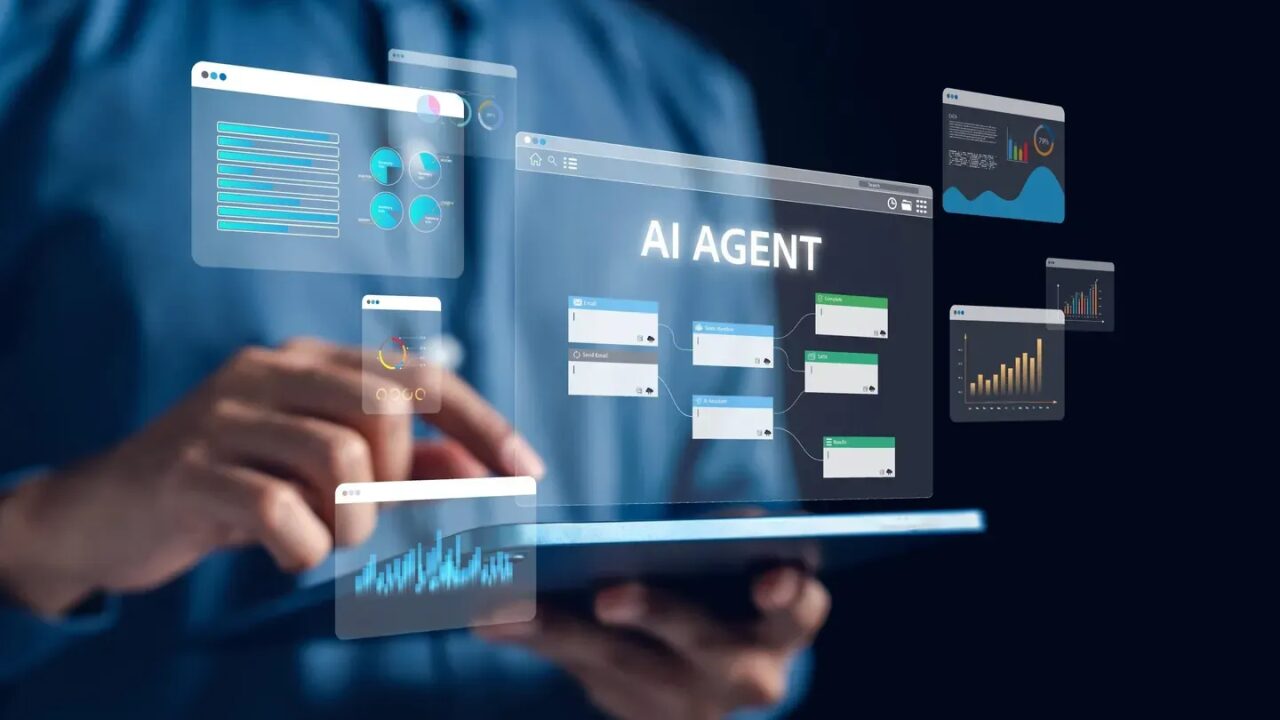
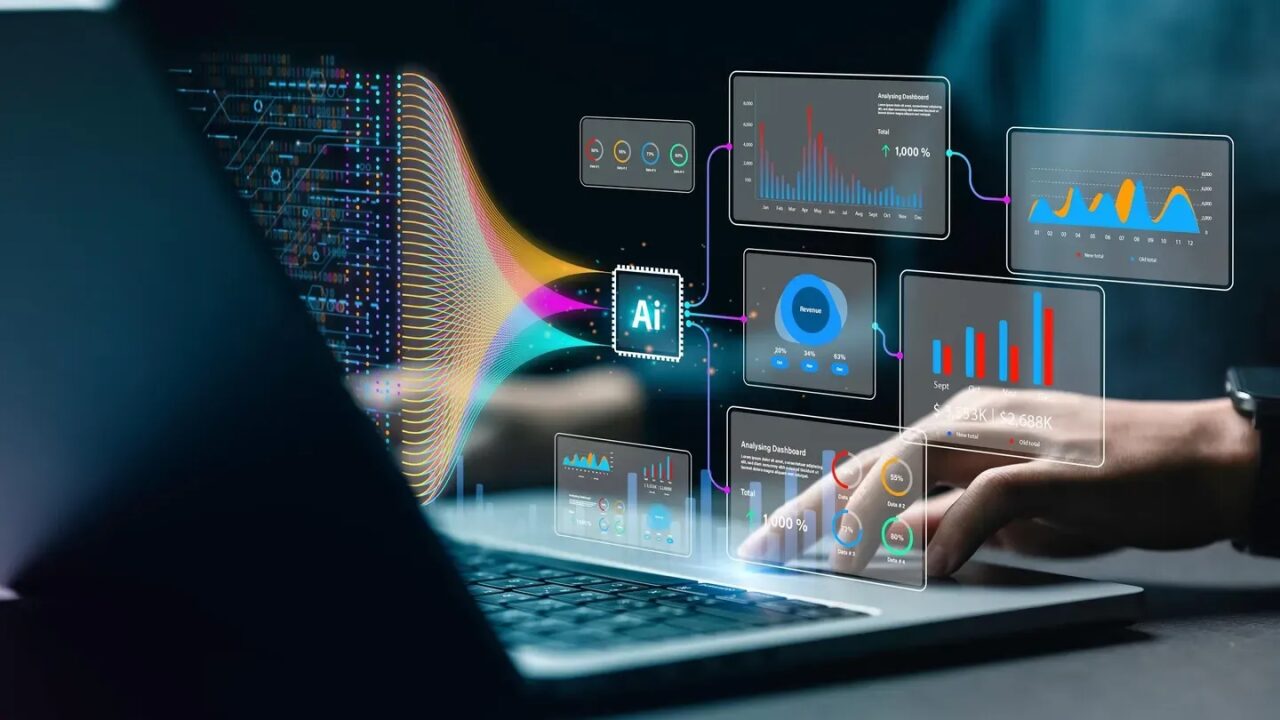

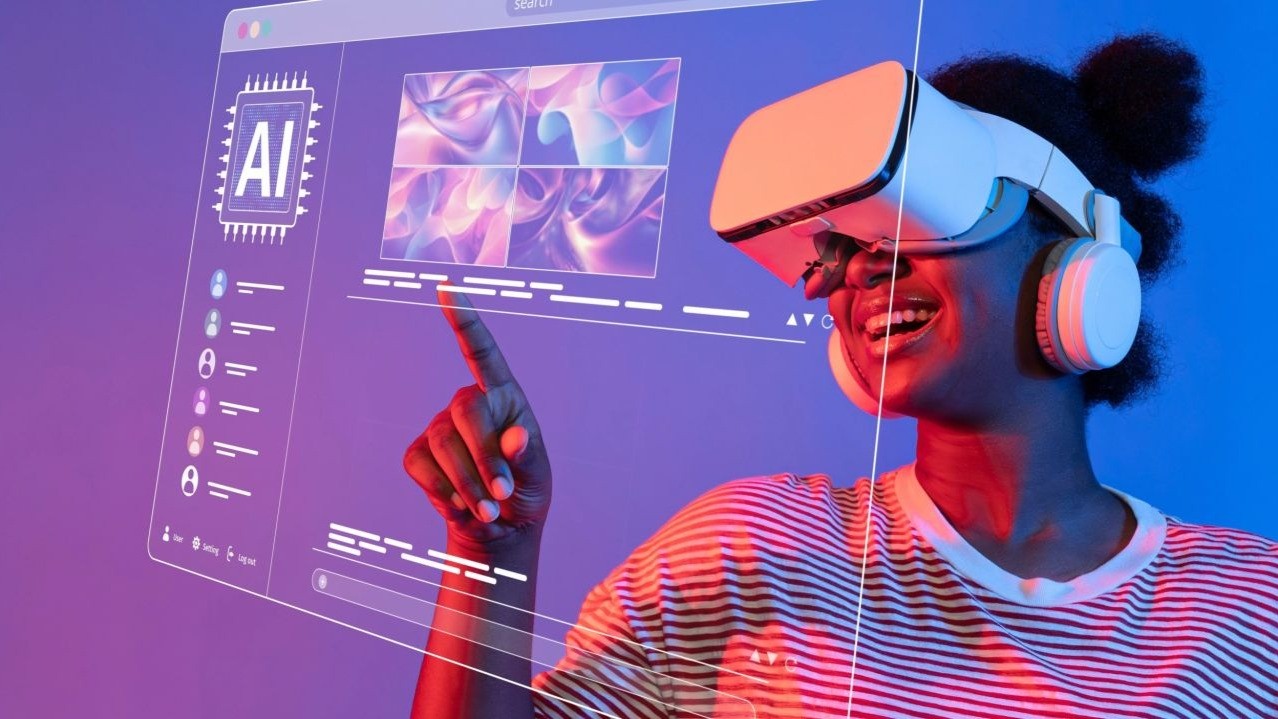

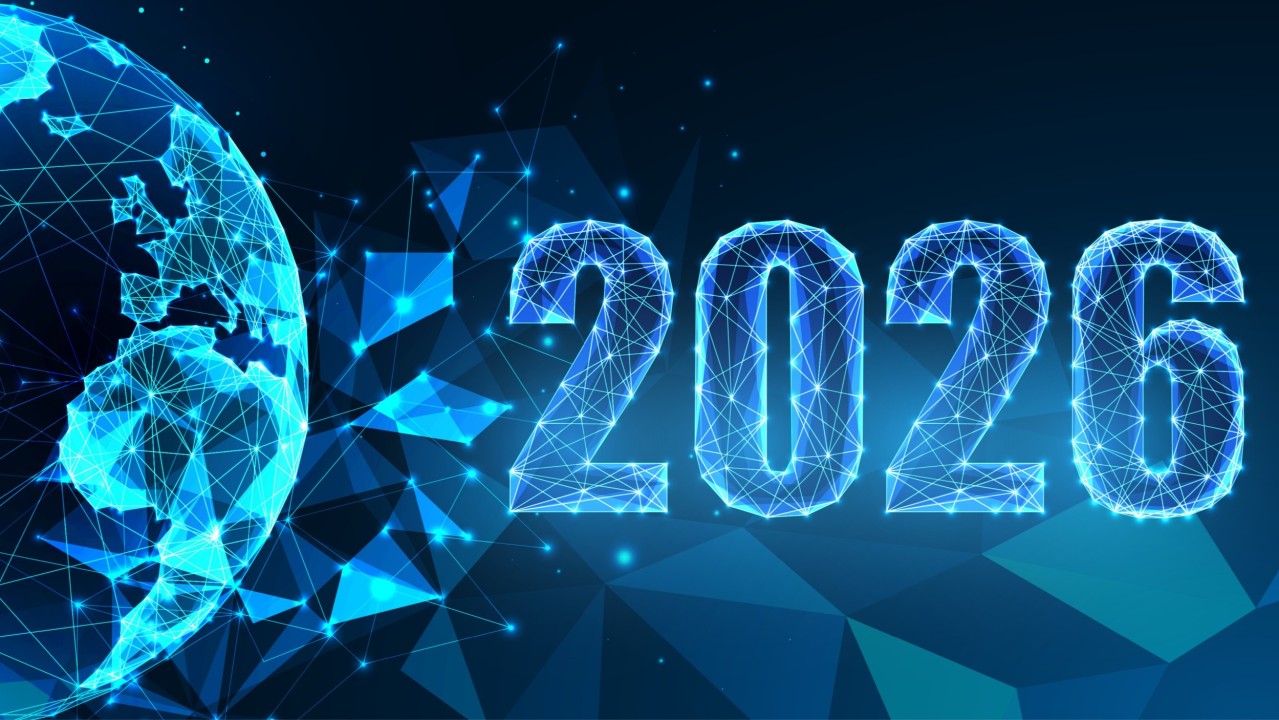
Social Media